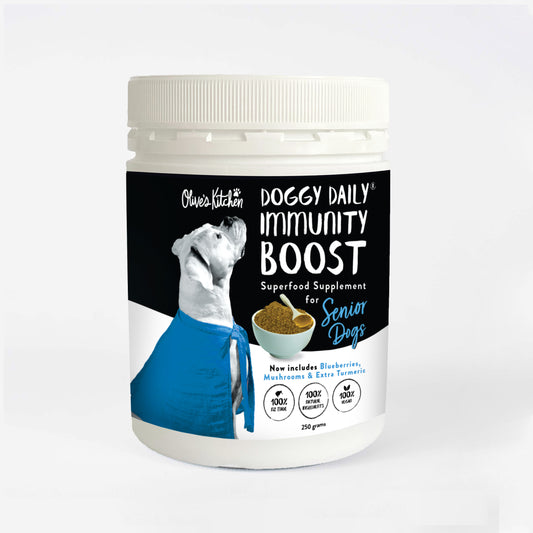Understanding Pancreatitis in Dogs: What Every Dog Owner Needs to Know
Pancreatitis is a condition where a dog’s pancreas becomes inflamed, causing uncomfortable symptoms like lethargy, abdominal pain, and vomiting. The pancreas plays a vital role in digestion, so when it’s inflamed, it can significantly impact your dog’s health and well-being. Early intervention from a vet is crucial to help your dog recover and prevent the condition from worsening.
Recognizing the Symptoms of Pancreatitis
Pancreatitis can appear suddenly (acute) or develop over time (chronic). Here’s what to look for:
Acute Pancreatitis Symptoms:
- Severe lethargy
- Abdominal pain
- Persistent vomiting
- Diarrhea
- Severe dehydration
- Collapse and shock
Chronic Pancreatitis Symptoms:
- Mild lethargy
- Decreased appetite or not eating at all
- Weight loss
- Abdominal pain and occasional vomiting
If you notice any of these symptoms, especially if they seem severe or prolonged, it’s best to consult your veterinarian promptly.
When Pancreatitis Worsens
Without timely treatment, pancreatitis can worsen quickly. Dogs with worsening pancreatitis may become extremely dehydrated, weak, and in pain. They may also stop eating altogether. In such cases, hospitalisation and supportive care are usually required.
What Causes Pancreatitis in Dogs?
While a high-fat meal or garbage ingestion can trigger pancreatitis, most cases don’t have a clear cause. Certain dog breeds and those who are overweight are more prone to developing this condition. Although we can’t always prevent pancreatitis, maintaining a balanced diet and avoiding fatty foods can help reduce the risk.
How Vets Diagnose Pancreatitis
Diagnosing pancreatitis can be challenging. Common signs, like vomiting and lethargy, aren’t unique to pancreatitis, so special pancreatic blood tests and imaging may be necessary. In some cases, X-rays or ultrasounds are used to rule out other issues, while exploratory surgery might be needed to confirm the diagnosis in complex cases.
Treating Pancreatitis in Dogs
Treatment depends on the severity of the condition. Mild cases may be treated at home, but more serious cases often require hospitalisation. Supportive care is the main treatment approach and may include:
- IV fluids and electrolyte support
- Pain relief
- Anti-nausea medication
- Sometimes antibiotics
- A low-fat, bland diet during recovery
The length of treatment varies based on the severity and duration of symptoms.
Managing Pancreatitis and Preventing Future Episodes
Recovery times vary, with mild cases often improving within a week or two. Severe pancreatitis can result in a more grave prognosis. Dogs who recover from a bout of pancreatitis may still develop complications like diabetes due to scarring in the pancreas.
While the exact cause of pancreatitis can be hard to pinpoint, you can help reduce your dog’s risk by avoiding high-fat foods and maintaining a balanced diet, especially if your dog is overweight or has other health conditions.
Dr Heidi Ward-McGrath
Dog Mum
Cat Mum





